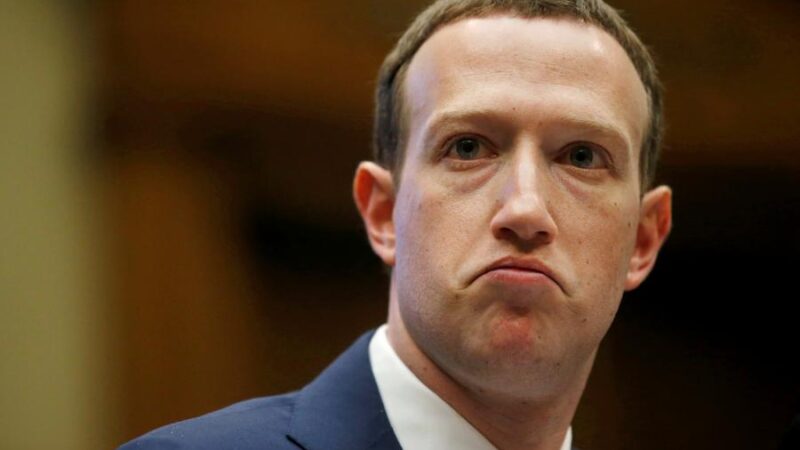British party is the first Bitcoin donation

The chairman of the UK reform, Nigel Farage, put his party behind digital assets and presented a new crypto-friendly attitude during a speech at the Bitcoin 2025 conference in Las Vegas.
He announced that reform UK will now accept political donations in Bitcoin and other cryptocurrencies and that the first great British party to take this step.
With the help of the crypto payment provider Radom, the party has opened its doors for digital donations from legitimate donors-a step that distinguishes it from Labor and the Conservatives that dominate the parliament but do not yet pursue such policy.
“We'll get America,” said Farage in front of a crypto -savvy audience. “But from today on, those who own Bitcoin can support us financially – as long as they meet the legal requirements.”
Farage also outlined his further ambitions for cryptocurrencies in Great Britain. If reform gains control in the event of a future choice, the party is planning to introduce a “cryptoasset and digital finance bill” (law on crypto-assets and digital finances) to create regulatory clarity and promote innovations. He even proposed to set up a Bitcoin reserve at the Bank of England and decidedly rejected the idea of a digital central bank currency (CBDC).
In a speech alongside US politicians and allies of Donald Trump, Farage put his position on a line with pro-crypto posture that gains ground in American conservative circles.
Although reform UK currently only has five seats in parliament, compared to 403 seats from the Labor party and 120 seats of the conservatives, Farage hopes to address a growing population group: young British who are interested in cryptocurrencies. He referred to data that every fourth-year-old in Great Britain has digital assets in Great Britain-that is around 7 million people.
In the meantime, the ruling Labor government has proposed a new framework for the regulation of crypto service providers according to traditional financial standards, which signals growing recognition of the importance of the sector, but does not go as far as Farage's radical approach.






